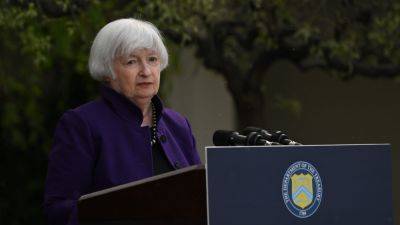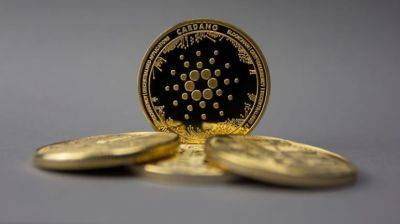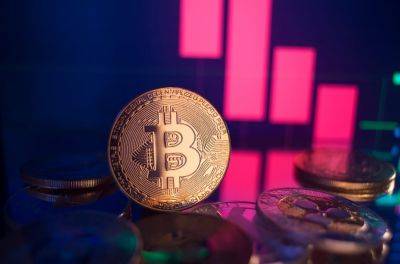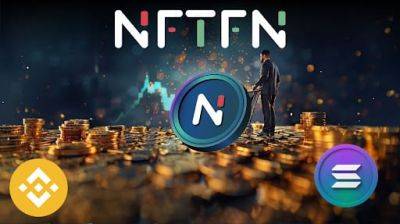Uniswap Community Rejects Governance Proposal to Distribute Revenue to UNI Token Holders
The Uniswap community has rejected a governance proposal that aimed to introduce changes to the platform’s fee mechanism, including allowing revenue distribution to UNI token holders.
The voting period for the proposal concluded on March 9 , with 59.9% of mobilized UNI votes opposing the proposal.
The rejected proposal intended to grant the decentralized autonomous organization (DAO) the authority to modify Uniswap’s fee mechanism, making way for the activation of a highly anticipated Uniswap “fee-switch.”
This mechanism would have enabled the distribution of protocol revenue to UNI token holders.
Just two days prior to the rejection of this proposal, another separate proposal to enable the collection of protocol revenue had passed with nearly unanimous support.
The activation of a fee-switch has been a sought-after goal since Uniswap distributed its UNI token to early adopters in 2020.
GFX Labs, a DeFi-focused research and development firm that co-authored the latest fee switch proposal, had previously introduced a similar proposal last year.
It suggested distributing 10% or 20% of Uniswap revenue from pool fees to token holders.
However, the previous proposal was also met with resistance, as 45.3% of votes were cast against it, while 42.3% supported a 20% fee distribution and 12.3% favored a 10% fee distribution.
Despite its failure, the majority of votes expressed a desire to activate some form of fee switch.
One of the main concerns raised against the proposal was the potential tax and legal liabilities that the Uniswap protocol or its core team could face as a result of fee distributions.
There were some criticism regarding the reluctance of influential entities within Uniswap governance, such as
Read more on cryptonews.com





















